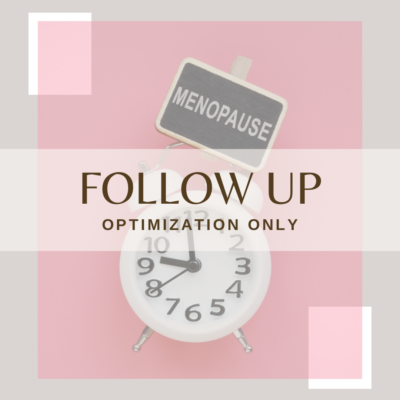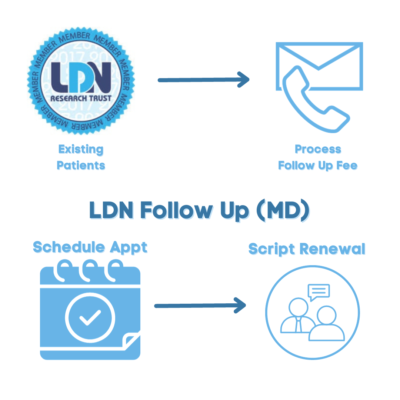There are currently many ongoing studies out there regarding the use of exogenous keytones and let me assure you not all are created equal. A few of the ones coming out of USF (University of South Florida) are pretty impressive including:
- CNS oxygen toxicity syndrome/ seizures in navy seal divers
- neurodegenerative diseases (parkinsons, alzheimer’s, ALS, Brain injury (concusions)
- rare genetic disorders such as GLUT1D, Angleman’s syndrome (manifests as a neuroligical disorder with impared motor function and siezures).
- Metastatic cancers (low and hogh grade brain tumors such as glyoblastoma)
- muscle wasting
- pharmacokinetics
- anxiety and stress (this one was what turned me onto keytones in the first place)
- anesthesia resistance
- hyperglycemia
- wound healing
- age-related illnesses
- inflammation (another huge one for me)
- performance (personal trainers love this aspect)
Of course there are many other studies happening around the globe on various types of disease such as thyroid, Hashimoto’s, autoimmune disease, anything related to inflammation of course and even adrenal issues.
What makes us resilient to stress? Preserving metabolic activity inside the cell is key. If we can preserve mitochondrial ATP production you can help the body to tolerate outside stressors, toxicity, overload of calcium or glutamate, and even various neurotoxins. This means you acre making the brain more resilient to stress. Living in today’s world we know we cannot avoid stress so having a mechanism in place to better cope is our best line of defence.
Anti-seizure, neuro protective metabolic therapy.
Keytones are one of the best energy metabolites to use when looking to deliver energy to the brain. A ketogenic diet is a great way of setting the stage for this but it isn’t always enough. When looking at studies done on drug resistant epilepsy you will find the results of a ketogenic diet are tremendous at preventing and reducing seizures. The issue is that it is difficult to get into a ketogenic state if you are not diligent, it is even tougher to maintain it. Nutritional keytosis used to be obtained by keytone esthers, they tasted like crap. Enter in keytones salts!
Can you imagine having the ability to use something non toxic to manage your disease process? Developing a metabolic therapy that would synergise with existing therapies could be extremely effective.
Let’s look at amino acid metabolism, specifically Glutamine. Glutamine drives fatty acid formation in tumors. Those fatty acids are implicated in the growth of specific tumors. Tumors have a fantastic ability to turn sugar and amino acids into fatty acids. Essentially brain tumors use fatty acids for fuel. Therefore a ketogenic diet would play a role in limiting glucose (fuel source) which means no food for the tumor.
OK so hang on a second here. If fatty acids fuel a tumor, couldnt a high fat diet potentially be bad? No. When you are on a fatty acid diet, it enhances fatty acid metabolism and decreases your glucose levels. This means not making fatty acids from glucose. This is currently being studied as part of the metabolic pathways. Where do they end up. We don’t have all the answers but the up and coming studies are quite fascinating.
Tracer studies pertaining to glucose and other metabolites is something to take a look into if you want to geek out a bit, check out Dr Brunengraber. He actually teaches tracer studies so jumping into one of his courses is truly enlightening if you are so inclined.
BHB (beta hydroxybutyrate) and keytones appear to have an anti-catabolic effect. In the absence of food humans would survive in an elevated blood keytone state much longer than in a gluconeogenic state.
The addition of MCT oil is a great tool for a ketogenic diet, adding it to meals, snacks, creating fat bombs etc.
Why wait until you have a serious life event such as heart attack or stroke before you change your style of eating?
Let’s talk salts vs esthers.
BHB is just one of the keytone salts, when I say salts people tend to get a little anxious. Isn’t salt bad? No. When on a low carb diet, especially as an athlete your body tends to excrete more sodium therefore you want to be replenishing it back into your system. You run the risk of exercise impairments if you are running low on sodium so be sure to top that up with a healthy salt. keytone salts are one of the best ways to do this if you are looking to supplement.
sodium, calcium, magnesium, potassium BHB is a quad salt keytone (four minerals together) of the same ratio of each combined with caprylic triglyceride powder (C8 powder or MCT) this creates a symbiotic working arrangement which benefits your ketogenic state.
Esthers do not have the same insulin response as exogenous keytone salts. There is a suppression of blood glucose with the salts/minerals and MCT, which is still being studied. You wont see a result with this even with metformin, which is huge for those suffering diabetes.
Some have expressed concern as insulin plays a role in the conversion of thyroid (T4 to T3). This is not the case, I will go into that in a separate article.







This is a really ineilltgent way to answer the question.